Artificial intelligence (AI)
Artificial intelligence (AI) refers to a broad range of processes and technologies enabling computers to complement or replace tasks otherwise performed by humans. Such systems have the ability to exacerbate surveillance and intrusion into our personal lives, reflect and reinforce some of the deepest societal inequalities, fundamentally alter the delivery of public and essential services, undermine vital data protection legislation, and disrupt the democratic process itself. In the face of this, EDRi strives to uphold our fundamental rights, democracy, equality and justice in all legislation, policy and practice related to artificial intelligence.
Filter resources
-
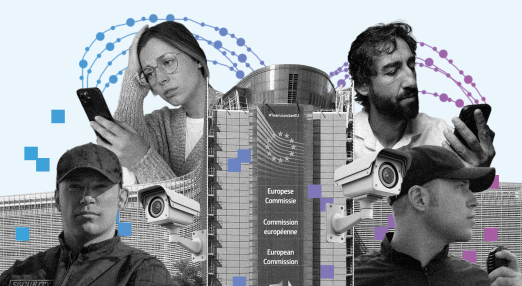
Deregulating digital rights: Why the EU’s war on ‘red tape’ should worry us all
The European Commission has made deregulation a top priority for the EU over the next four years. Under the banner of ‘simplifying’ EU rules, we risk seeing the entire digital rulebook – for which we have advocated for years – being stripped away. If the EU wants a healthy, competitive tech market that puts people at its center, then this deregulation push is not only bad for the protection of fundamental rights, but is also an act of self-sabotage which must be reversed.
Read more
-

Open Letter: The EU weakens the rules that safeguard people and the environment
470 civil society society organisations, trade unions and public interest groups are making it clear to European Commission President Ursula von der Leyen, European Commissioners and EU Member States that our rights, planet, health and justice are not for sale. They call on EU lawmakers to protect and promote the rights enshrined in the EU Charter and international human rights law, instead of endangering them.
Read more
-
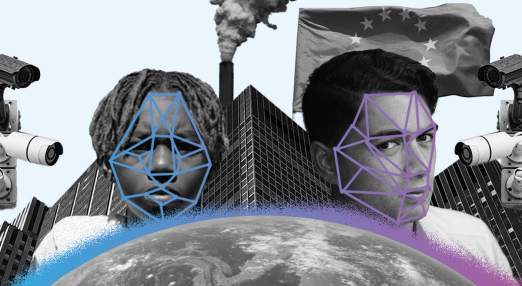
One year of the AI Act: What’s the political and legal landscape now?
The EU Artificial Intelligence (AI) Act came into force on August 1, 2024. This blog takes stock of the political and legal landscape facing its implementation and enforcement one year on, especially efforts to delay or even gut the law which would have far-reaching effects on people’s rights, especially when it comes to migration and law enforcement use of AI.
Read more
-
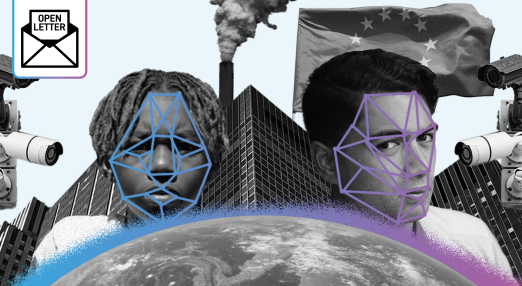
Open letter: European Commission must champion the AI Act amidst simplification pressure
52 civil society organisations, experts and academics have written to the European Commission to express their concerns about growing pressure to suspend or delay the implementation and enforcement of the Artificial Intelligence (AI) Act. Instead of unraveling the EU rulebook, which includes hard-won legal protections for people, the Commission should focus on the full implementation and proper enforcement of its rules, like the AI Act.
Read more
-

OPEN LETTER: The European Commission must act now to defend fundamental rights in Hungary
With Budapest Pride set to take place on June 28, 2025, EDRi and 46 organisation are urging the European Commission to defend fundamental rights in Hungary so that Pride organisers and participants can safely exercise their right to peaceful assembly and freedom of expression.
Read more
-
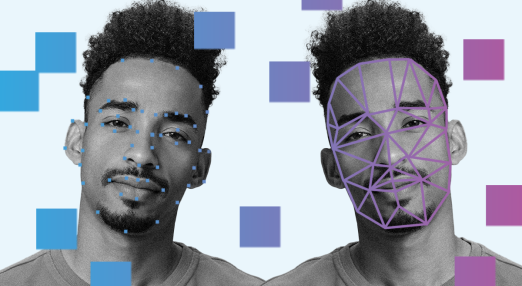
Croatia in preparation for AI Law: Activists warn of risks to rights and call for safeguards going beyond EU AI Act
EDRi affiliate Politiscope recently hosted an event in Croatia for journalists and activists to discuss human rights impact of Artificial Intelligence (AI), raise awareness about AI related harms, and to influence future national policy to incorporate safeguards for people’s rights.
Read more
-
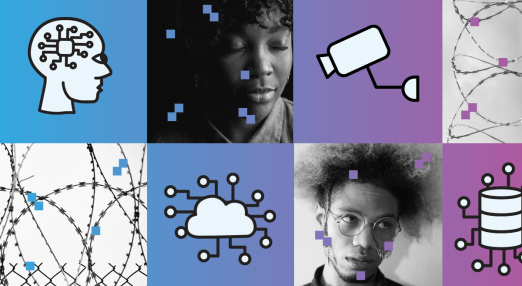
When technology is the problem, not the solution: Lessons from harmful consequences of techno-solutionism in digital surveillance
AI-powered surveillance systems are being deployed globally - from Israel and Russia to EU member states. These systems target marginalised communities under the guise of improving security and efficiency. To rectify these harms, we must challenge techno-solutionist narratives and rethink why and how technology is used, and center human rights.
Read more
-

Digital trade: the new frontline in the fight for our rights
The EU is signing digital trade deals that could undermine fundamental rights and block oversight of software systems shaping our lives. From data protection to algorithmic accountability, these agreements risk empowering opaque systems - used by both companies and governments - at the expense of the people most affected by them.
Read more
-

Hungary’s new biometric surveillance laws violate the AI Act
This blog post is a legal analysis of new legislation in Hungary that uses facial recognition technology in a manner that violates the EU Artificial Intelligence Act. Such use of this technology risks discouraging people from exercising their fundamental rights undermining their trust in democracy.
Read more
-

Civil society to European Commission: Act now to defend fundamental rights from Hungary’s Pride ban and the use of facial recognition against protesters
EDRi, along with a broad coalition of civil society organisations, demands urgent action from the European Commission on Hungary’s new law banning Pride marches and permitting the use of live facial recognition technology targeting protesters.
Read more
-
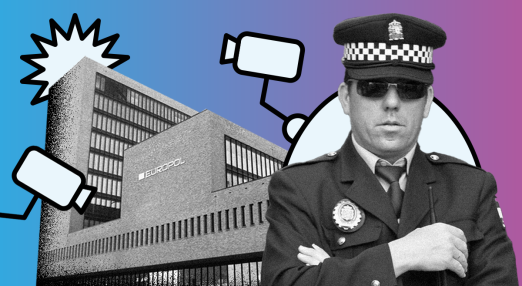
Why the new Europol regulation is a Trojan Horse for surveillance
The EU Commission’s proposal for a new Europol Regulation as part of the recast of the ‘Facilitator’s Package’ is a pretext for unchecked expansion of power and resources for Europol, the EU’s policing agency, at the expense of those they claim to protect.
Read more
-
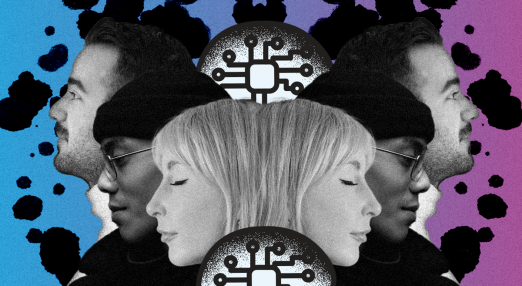
The EDPB’s Rorschach Test: What the data protection body’s Opinion on AI training Means for GDPR Enforcement
In December 2024, the European Data Protection Board (EDPB) released a much-awaited Opinion on AI model training. While the Opinion reaffirmed GDPR principles and underscored the need for robust safeguards, its ambiguities may leave room for regulatory evasion, reinforcing the ongoing struggle between data protection rules and commercial AI development wishes.
Read more
